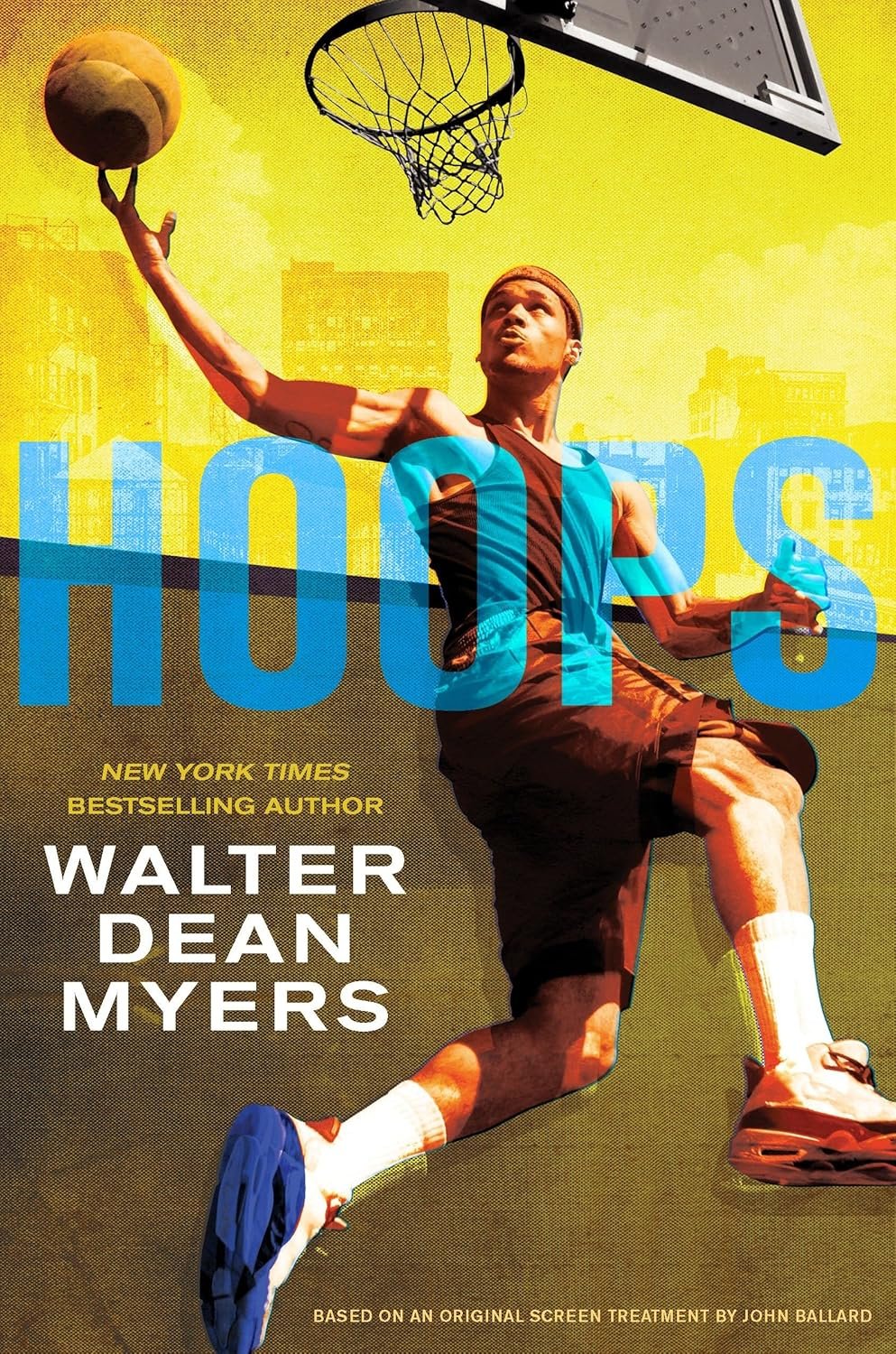Book Review: Hoops by Walter Dean Myers
From the moment I opened Hoops by Walter Dean Myers, I was reminded of what it feels like to dream fearlessly. Myers, renowned for crafting narratives that explore the depths of youth, presents us with a poignant story centering on a seventeen-year-old basketball player named Lonnie Jackson. As a long-time fan of both basketball and compelling stories about resilience, I was drawn to this book not only for its thrilling premise but also for the way it holds a mirror to the struggles behind the flashy lights of sports.
Hoops isn’t merely about basketball; it delves deep into the harsh realities of ambition, choice, and sacrifice. Lonnie is presented as a character who, like many teenagers, is caught between soaring dreams and the ever-looming shadows of external pressures. He longs to prove himself on the court, especially under the watchful gaze of Cal, his once-promising coach whose career was shattered by a regrettable decision. I found Cal’s evolution particularly captivating—his attempts to guide Lonnie reflect the societal pressures that can warp one’s journey. Their relationship is a lingering reminder of how past mistakes can affect future choices.
As the Tournament of Champions approaches, the stakes rise, and the tension becomes palpable. The narrative takes on a rapid pace, echoing the urgency of a ticking game clock. Myers paints the scenes with vivid detail; it felt as if I was right there on the court, experiencing every dribble, every heartbeat. A memorable moment occurs when Lonnie faces the harrowing choice of playing for his team versus succumbing to gambling pressures from sinister forces looking to manipulate the outcome. This brings forth the book’s significant themes—what does it mean to stay true to oneself when tempted by easy paths to success?
One of my favorite quotes from the book encapsulates the heart of Lonnie’s struggle: “You can’t control what others want, but you can control what you do.” This line resonated with me deeply. It reflects the reality of teenage life, where external distractions can easily derail dreams. As I read, I appreciated how Myers captures this balance of youth’s innocence and its cruel realities, making the text relatable for both young adults and adult readers alike.
Though I found Hoops filled with heavy themes, it was also incredibly uplifting. Readers in middle and high school will undoubtedly find themselves rooting for Lonnie, seeing pieces of themselves in his journey. The richness of Myers’ storytelling—blending dialogue, tension, and emotion—ensures that this isn’t just another sports novel, but a thoughtful exploration of dreams amidst adversity.
In conclusion, Hoops is a perfect read for anyone seeking a blend of fast-paced action and significant life lessons. I believe young athletes, aspiring dreamers, and anyone who has ever faced pressures to conform will find solace and inspiration in Lonnie’s story. Walter Dean Myers demonstrates once again why he is a celebrated voice in young adult literature. As I closed the book, I felt not only entertained but also enlightened—reminded that the pursuit of our dreams is as important as the destination itself.







